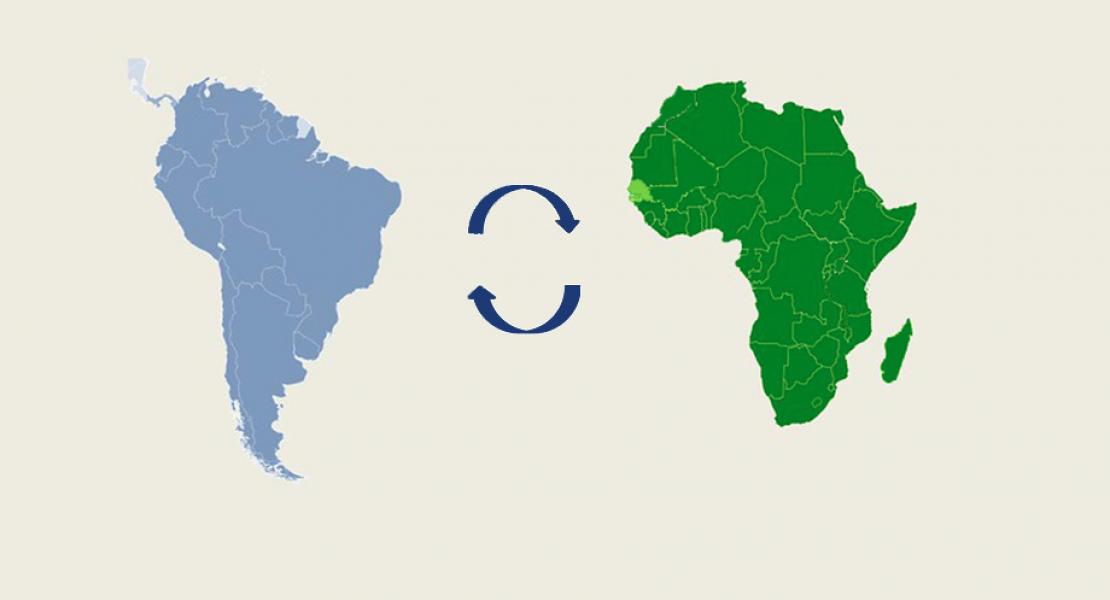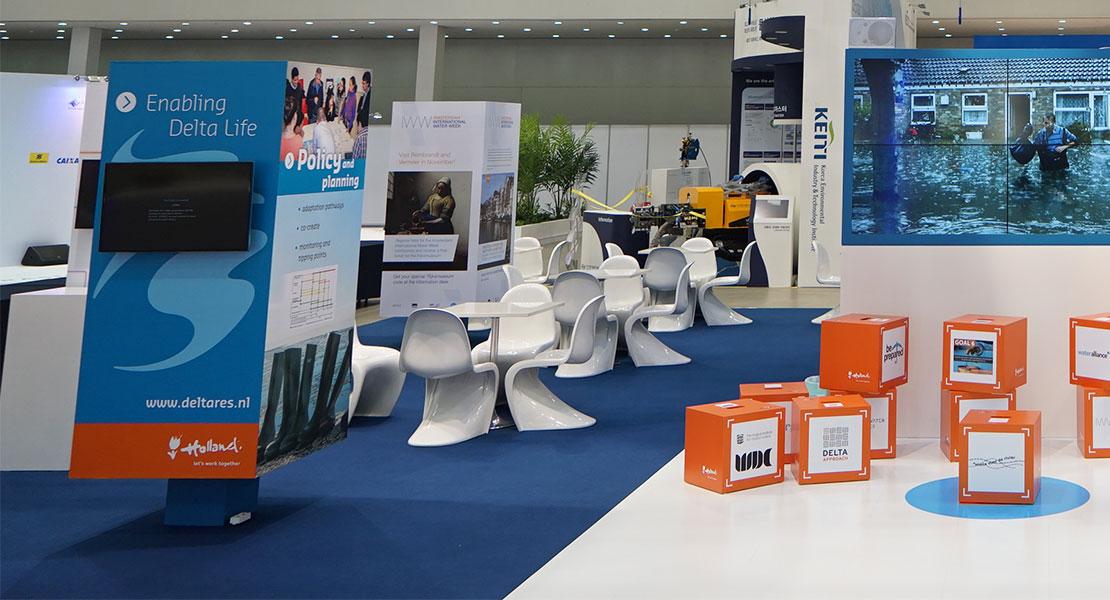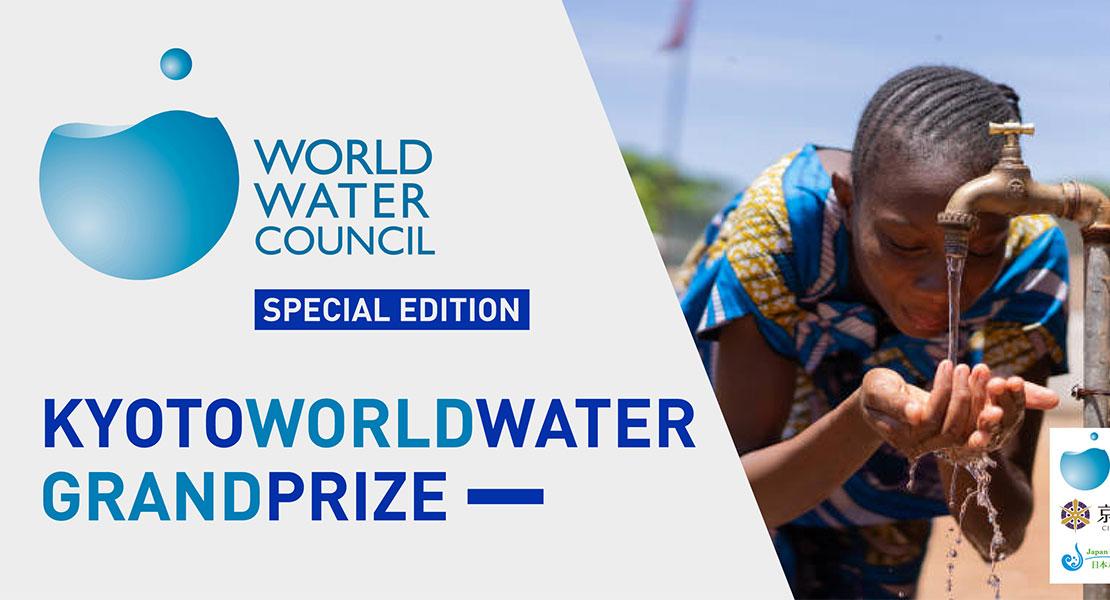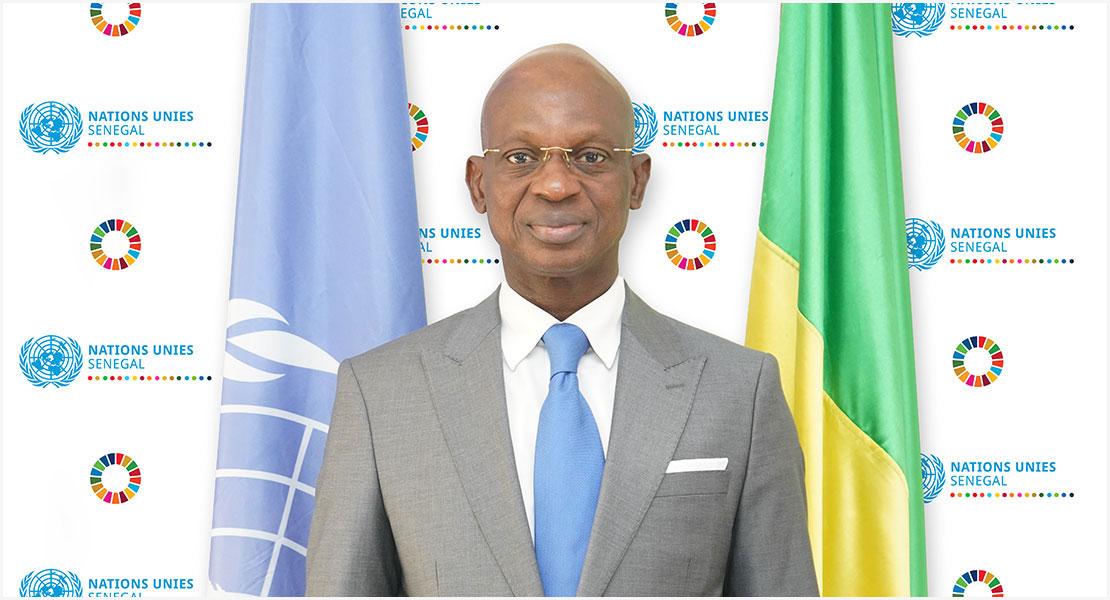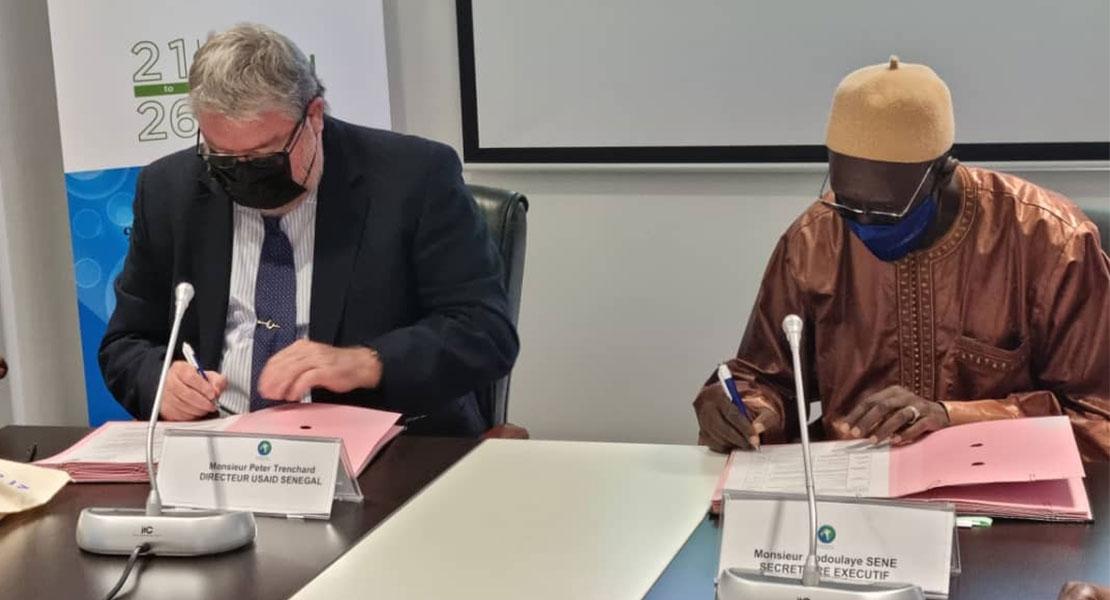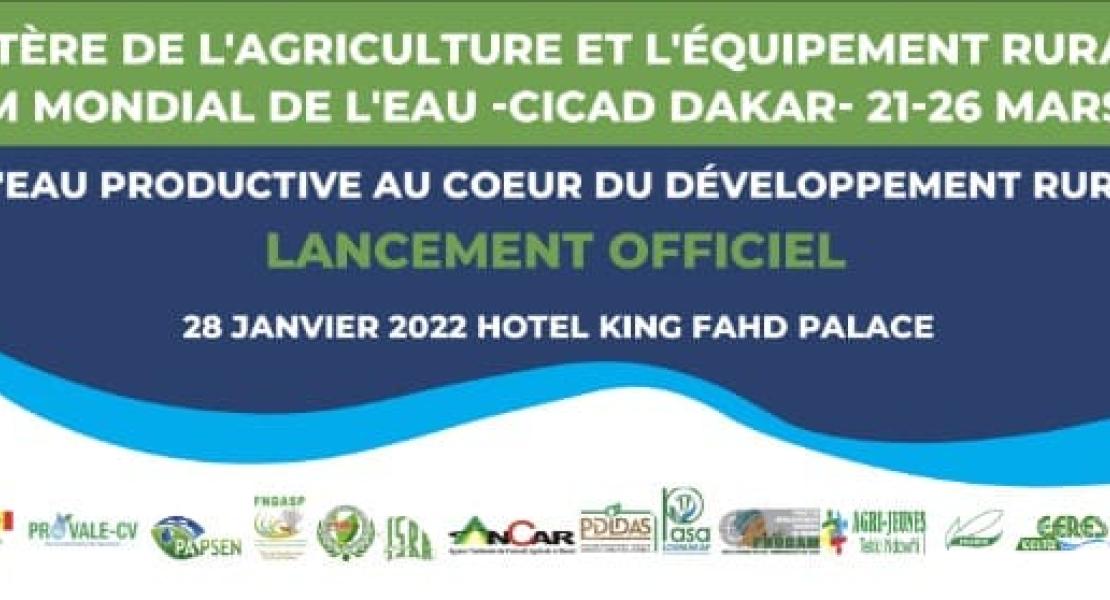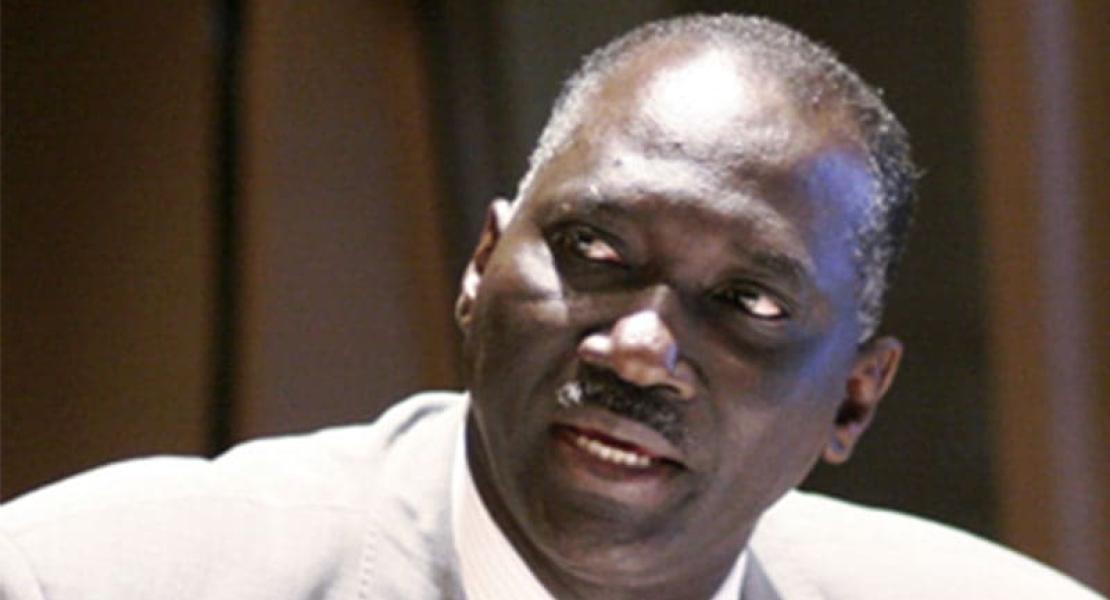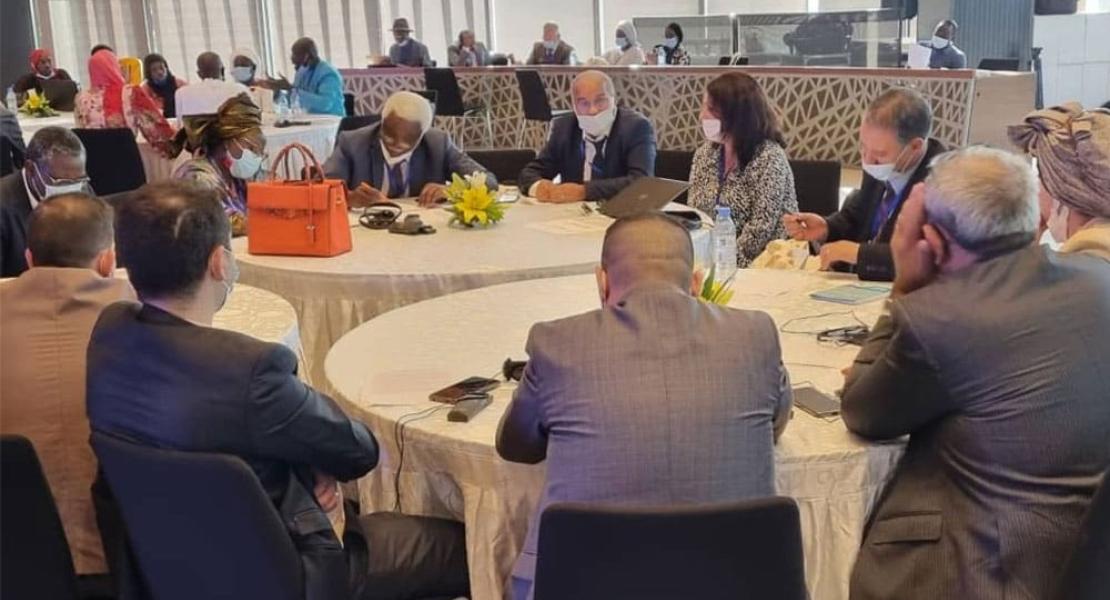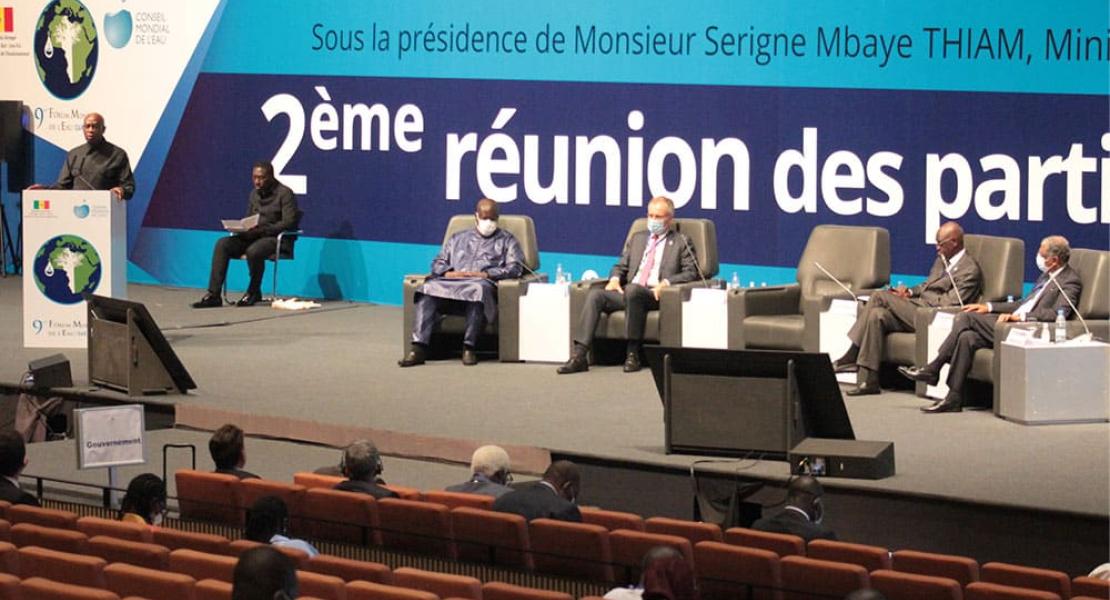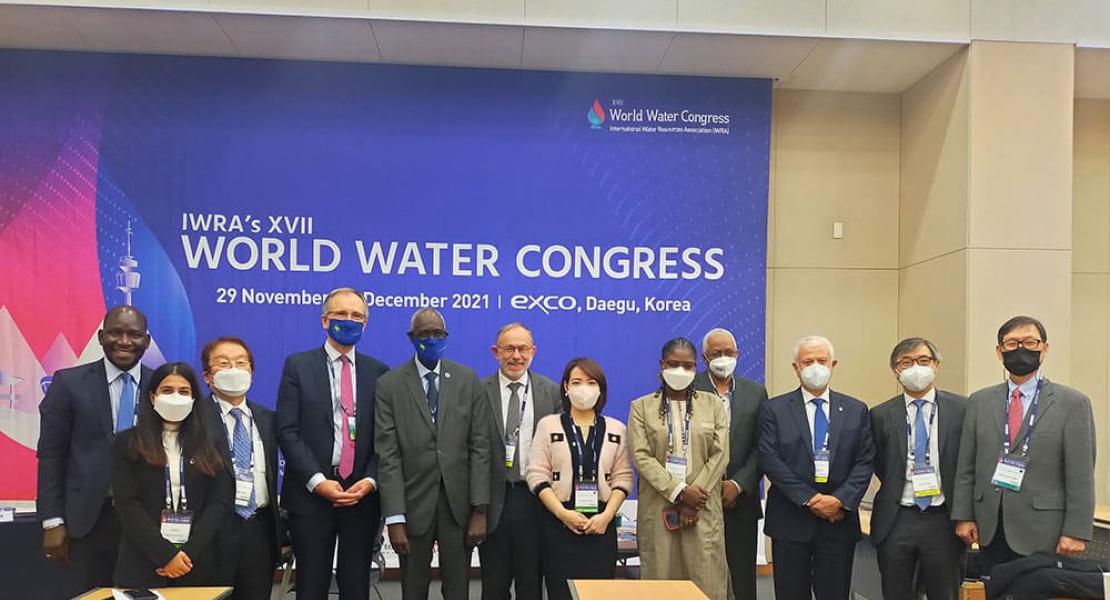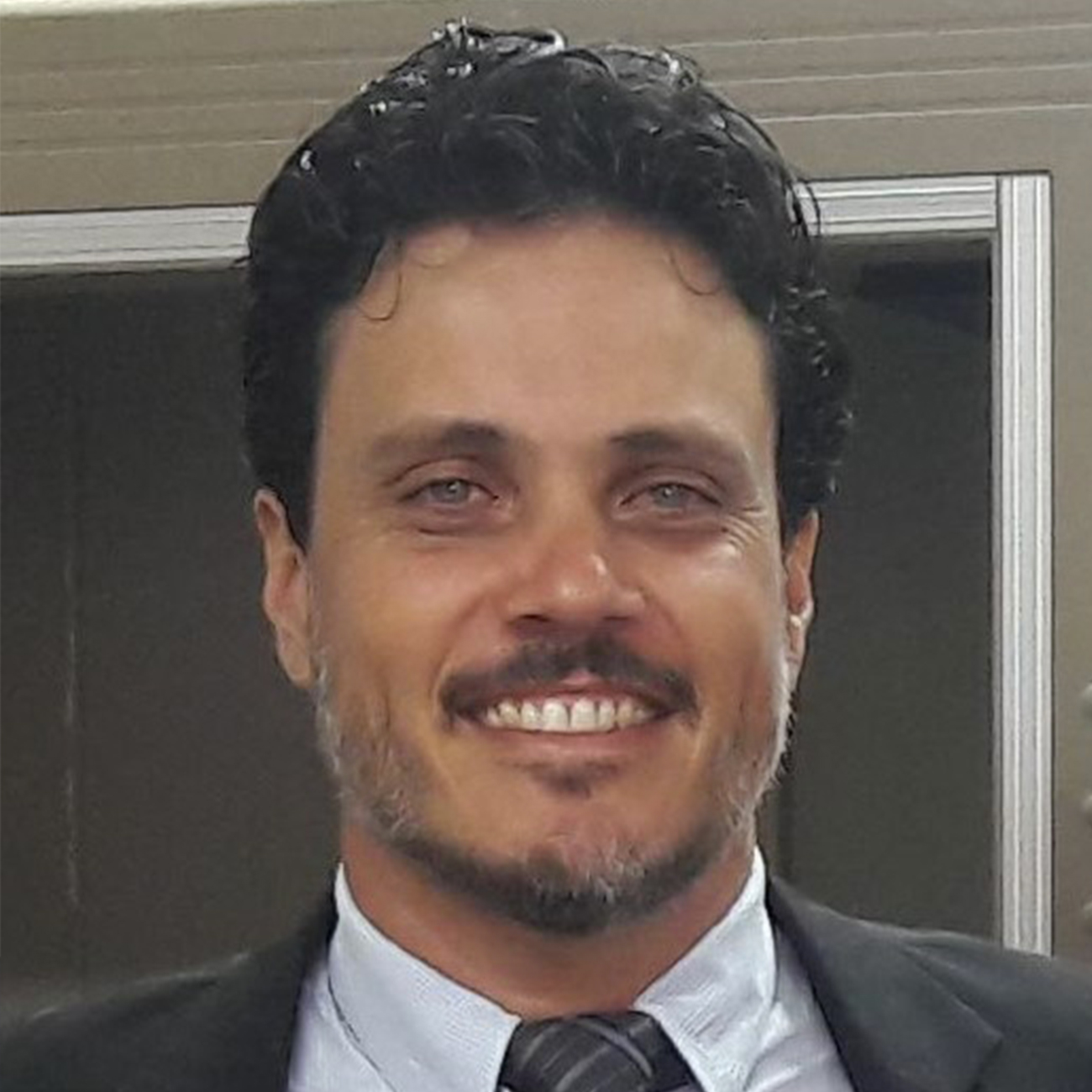
Sergio Ribeiro
Director of CIRAT BRAZIL
INTERVIEW
As Director of CIRAT, what does the 9th World Water Forum mean for you?
Despite de difficult global pandemic conditions right now, CIRAT expects that the Dakar Water Forum will be a successful event. We are confident that Senegal and Africa have much to tell the world about the importance of good water management, with a particular focus on social needs, an acute awareness of the ecosystems and advancing preparations for how to adapt to climate changes.
CIRAT has participated in previous editions of the World Water Forum and Alternative World Water Forum (FAMA), organizing preparatory events and collaborating on issues to promote long-term progress in participatory, democratic, and inclusive water management.
We understand that the World Water Forum, as the world’s biggest water-related event, has a key role in debating, catalyzing partnerships and setting trends to promote a sustainable relationship with water worldwide. As such, it is an extremely important space for an inclusive and comprehensive approach to water, consolidating it as a right for all beings that inhabit our planet. The Dakar World Water Forum will create a legacy on the road to “Water for All” through peace.
The 8th World Water Forum, which took place in Brasilia in 2018, saw CIRAT hold several events, release a publication and exchange experiences with young people. By collaborating with several partners, CIRAT organized the “2nd International Seminar on Water and Transdisciplinarity: Waters for Peace”; a preparatory event where more than one thousand people participated in debates, ceremonies and exchanges on how the culture of peace can become the main approach in water issues.
How is CIRAT involved in the preparatory process and the organisation of the Forum?
When “Water Security for Peace and Development” was chosen as the central theme for the 9th World Water Forum in Senegal, a proposal was set forth to write a book to create a bridge between the two editions of the Forum. This proposal led towards a South-South water cooperation, connecting Latin America and Africa.
Our institution has been working closely with the Senegal Government since 2019 (and more recently with the Executive Secretariat of the Senegal World Water Forum) to produce the book “Water, Sharing and Peace Culture”, as well as moving forward with the South-South Cooperation Protocol. This document encompasses three main axes: support for the organization of the 9th edition of the World Water Forum; exchange of experiences in the theme of water and human settlements of the future, and education and training in water management for youths.
This cooperation brings together activities from several institutions in Brazil and Senegal, in addition to partners from Paraguay and Mozambique, with the aim of promoting the desired water security for peace. In addition to establishing an extensive cooperation agenda between the two countries, which includes preparatory events and events on the official agenda of the Forum in Senegal, the Protocol also comprises technical cooperation on issues such as applying the basin sustainability index (BSI) in the Senegal river basin, translating the book “Water, Sharing and Peace Culture” into French, actions on the issue of Water and Heritage in collaboration with ICOMOS and a public call for scientific articles on the issue of water nanostructure. The cooperation protocol that we will sign also includes activities on the issue of Sanitation Security Plan in partnership with the Federal Prosecution Service in Brazil and the exchange of experiences on the issue of basin adaptation, such as the implementation of mechanized agroforestry.
What are your expectations with regard to the mission and objectives of CIRAT?
As an institution in the process of qualification as a Category 02 Center (C2C) under the auspices of UNESCO, CIRAT has guided its activities in recent years towards advancing knowledge and practices related to the issue of “water and human settlements of the future”, which is the subject of the institution's candidacy for the International Hydrological Program (IHP-UNESCO).
In this sense, applying the transdisciplinary approach to water and human settlements of the future is the institution’s main goal, implementing a series of projects, good practices and studies towards achieving the Sustainable Development Goals (UN-SDGs). We believe that the theme “Water Security for Peace and Development”, chosen by the organizers of the Dakar Water Forum, has provided a great opportunity to discuss and create real sustainable standards for the relationship with water.
How does CIRAT intend to mobilise its members, partners, particularly the actors in Brazil and Latin America to contribute to the success of the Forum?
The strategy includes organizing 5 preparatory events for the Forum, releasing two publications, publishing a commemorative edition of the WATER Journal and IPWS (International Panel on Water Structure) with scientific articles on the molecular structure of water, in addition to holding 7 events in various spaces of the Dakar Forum. A complete strategy for mobilization of actors from Brazil and Latin America will be reflected in the Cooperation Protocol between the Executive Secretariat of the Dakar Forum and CIRAT. We are confident that the Forum will be a catalyst for fruitful exchanges of experiences and knowledge between Africa and Latin America.
CIRAT
The International Centre on Water and Transdisciplinarity (CIRAT) is a private civil organization, which acts as a physical and virtual space for the confluence of knowledge about water based on a transdisciplinary perspective. CIRAT conducts high-level projects, evaluations, studies and research, and works with national and international researchers to advance knowledge and good practices related to water.
Learn more at www.cirat.org : www.cirat.org

